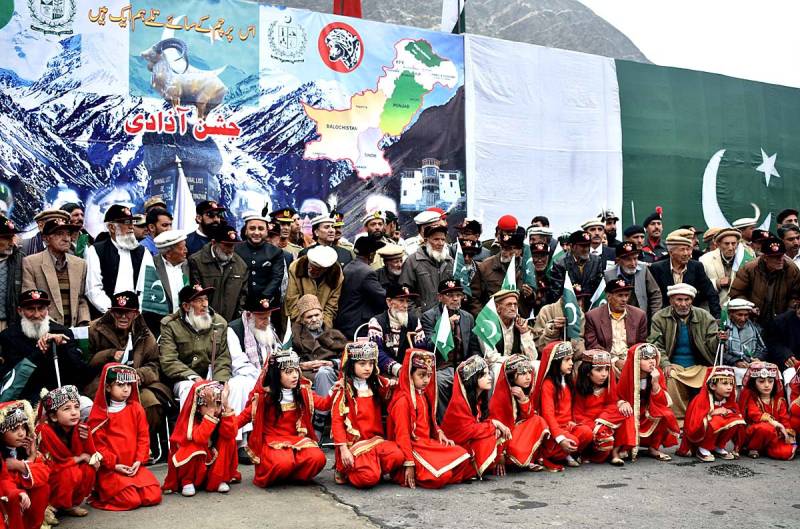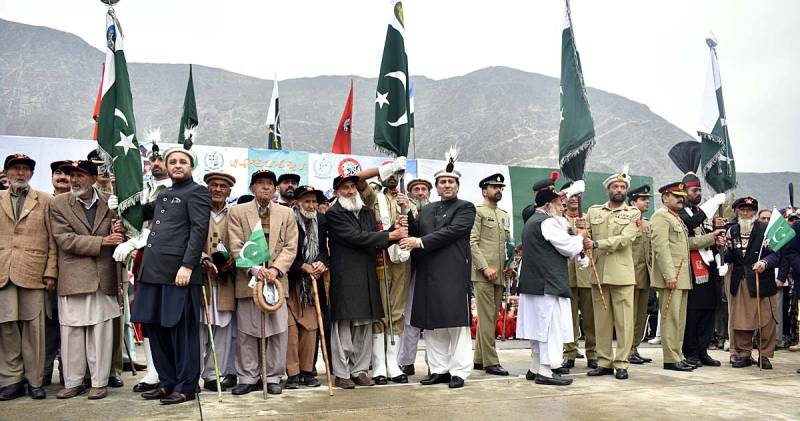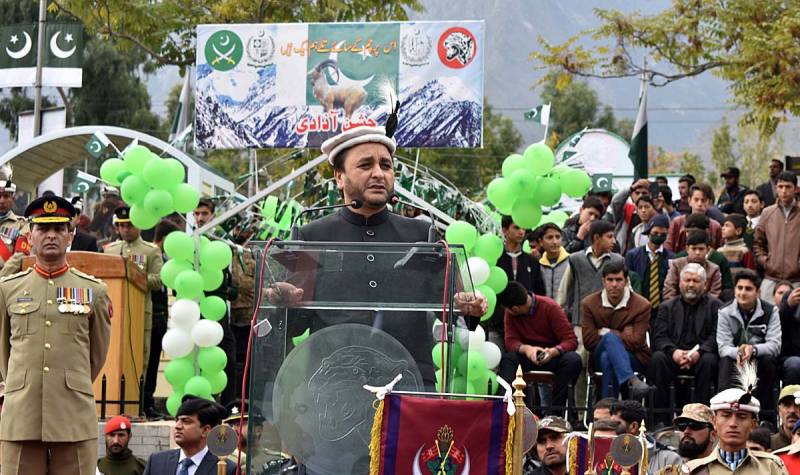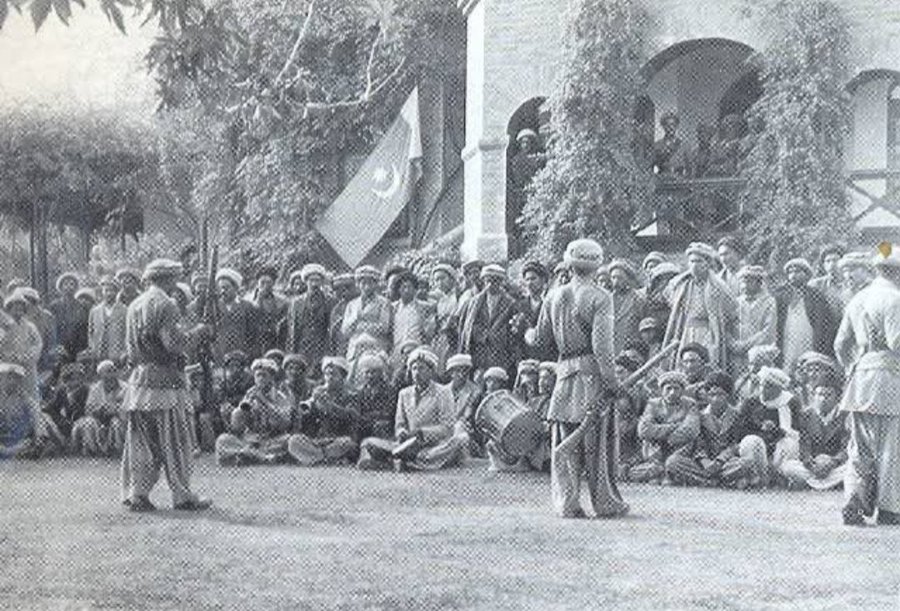Masud Ahmad Khan
March 29, 2021
In 1842, the Sikhs entered Gilgit at the request of an ousted Raja and that became the moment when an outside force was introduced to the region. The only obstacle in their way was the strong ruler of Yasin, Gohar Aman, who gave them crushing defeats several times. As long as Gohar Aman was alive, the Sikhs and Dogras did not dare to enter Gilgit and it was only after his death in 1860 when they entered.
In view of the Russian threat in 1876, the British appointed Lt. Col. John Biddulph as their agent in Gilgit. In 1889, Gilgit was made an agency and Colonel Algernon Durand was appointed as the first political agent. This was the time when the Russian representative, Captain Grombchcvsky, met the Mir of Hunza and that alarmed the British. As a result, in 1891, the Hunza-Nager expedition was launched and it led to the famous Anglo-Brusho war of 1891. After a fierce battle, both Hunza and Nager came under the suzerainty of the British. The political agent was made responsible for the states of Hunza, Nager and the political districts of Yasin, Ishkoman, Gupis and Punial.
In 1917, when the Bolshevik Revolution took place, the British decided to strengthen their hold on Gilgit. On March 20, 1935, they decided to take Gilgit Wazarat on lease from the Maharaja for 60 years and an agreement was signed. All territory to the west of river Indus was to be administered by the British political agent at Gilgit while the administration of Kashmir was confirmed to the area east of river Indus. This agreement remained intact until July of 1947 and on October 26 of the same year, the Maharaja announced the accession of Kashmir to India.
On the partition of the subcontinent, the British handed over all of Gilgit to the Maharaja—contrary to the wishes of the people of region. On the first of August 1947, the British political agent was replaced by a representative of the Kashmir durbar, Brigadier Ghansara Singh. The people of Gilgit did not welcome this decision neither their accession to India and decided to overthrow the governor. The Gilgit Scouts along with the Muslim forces of Jammu and Kashmir’s sixth infantry revolted against Dogra.
On the night of October 31, 1947, the Gilgit Scouts surrounded the governor’s residence and on November 1, Brigadier Ghansara Singh surrendered. A regional government was established and the government of Pakistan was asked to take over control of the region.
Skardu was liberated exactly one year after Pakistan’s independence. It was remarkable that the people of Gilgit-Baltistan liberated their area without external help. On November 16, 1947, Sardar Muhammad Alam Khan took over the responsibilities of the first political agent of Gilgit.
In April 28, 1949, Azad Jammu and Kashmir’s (AJK) government ceded the control of Gilgit-Baltistan to Pakistan according to the Karachi agreement. Through the resolution of the UNSC, both Azad Kashmir and the Northern Areas were included within the definition of Jammu and Kashmir.









